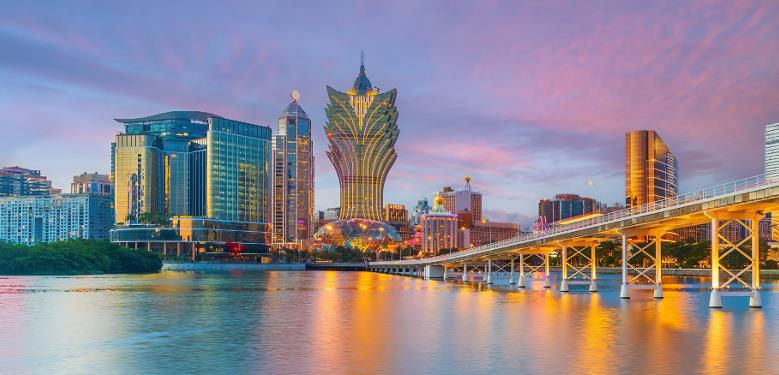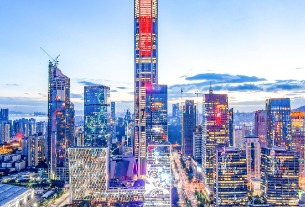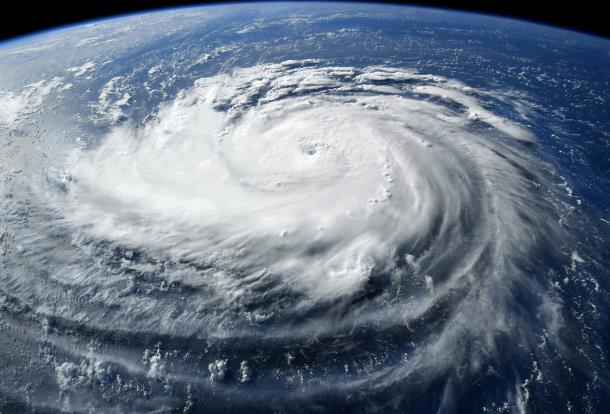
Airfares for flights between cities across China and Zhuhai or Macao have gradually declined over the past two years.
In 2023, the average airfare to Macao was RMB 1,003 (about USD 140), while in 2024, it dropped to RMB 910 (about USD 127). A similar trend applies to Zhuhai: from RMB 1,000 (about USD 140) in early 2023 to RMB 800 (about USD 112) in 2024.
For business class passengers, the trend is similar.
In 2023, the average business class fare to Macao was RMB 3,872 (about USD 542); by 2024, it dropped to RMB 3,549 (about USD 497). For Zhuhai, the average fare was RMB 2,218 (about USD 311) in 2023, and RMB 2,111 (about USD 296) in 2024.
One key reason behind this decline is the diversion of demand due to the Shenzhen-Zhongshan Corridor and the Hong Kong-Zhuhai-Macao Bridge, which connect two major airports—Shenzhen and Hong Kong—with Zhuhai and Macao.
Compared with the first quarter of 2024, the number of mainland travelers entering via Macao airport decreased by 4.7%, while those arriving by land or sea increased by 6.9%. There are three main reasons behind this shift:
*Pricing and visitor structure changes.
Concerts are a prime example. Since casinos in Macao are required to provide a certain amount of non-gaming facilities, and the government includes non-gaming revenue in their performance metrics, all six casino operators have built large performance venues and invited pop singers to perform.
Concerts in Macao are cheaper to host than in neighboring Hong Kong, and performers don’t need foreign performance approvals as they do in mainland China. As a result, Macao now hosts several concerts almost every week—with at least 12 scheduled in May alone—creating a booming entertainment scene.
*The 2023 policy allowing cross-regional processing of group travel endorsements has also had a major impact on travel patterns between Zhuhai and Macao, as well as on the aviation markets of Shenzhen and Hong Kong.
Zhuhai border control does not enforce the requirement that group, so these permits are now widely used for individual travel.
Due to limited availability of self-service machines in some cities, many travelers now choose to fly to Zhuhai, obtain their travel endorsement at Jinwan airport, and then continue to Macao—a more convenient option than applying at home before flying directly ot Macao. Tour guides also prefer this workaround as it simplifies logistics.
*Another subtle factor is traveler preference.
Because of Macao’s gaming industry, various mainland cities impose varying degrees of restrictions on individual travel to Macao. In response, tour guides and travel agencies have developed methods to circumvent restrictions.
One such method is known as “via Zhuhai, borrowing Hong Kong, then entering Macao”—flying into Zhuhai, exiting mainland using a Hong Kong travel endorsement at the bridge checkpoint, and re-entering Macao with a passport and flight ticket.
These practices are reshaping how travelers access Macao. As its tourist base diversifies, air travel is no longer the default option. Macao’s aviation sector may need to rethink its strategy for attracting travelers.




